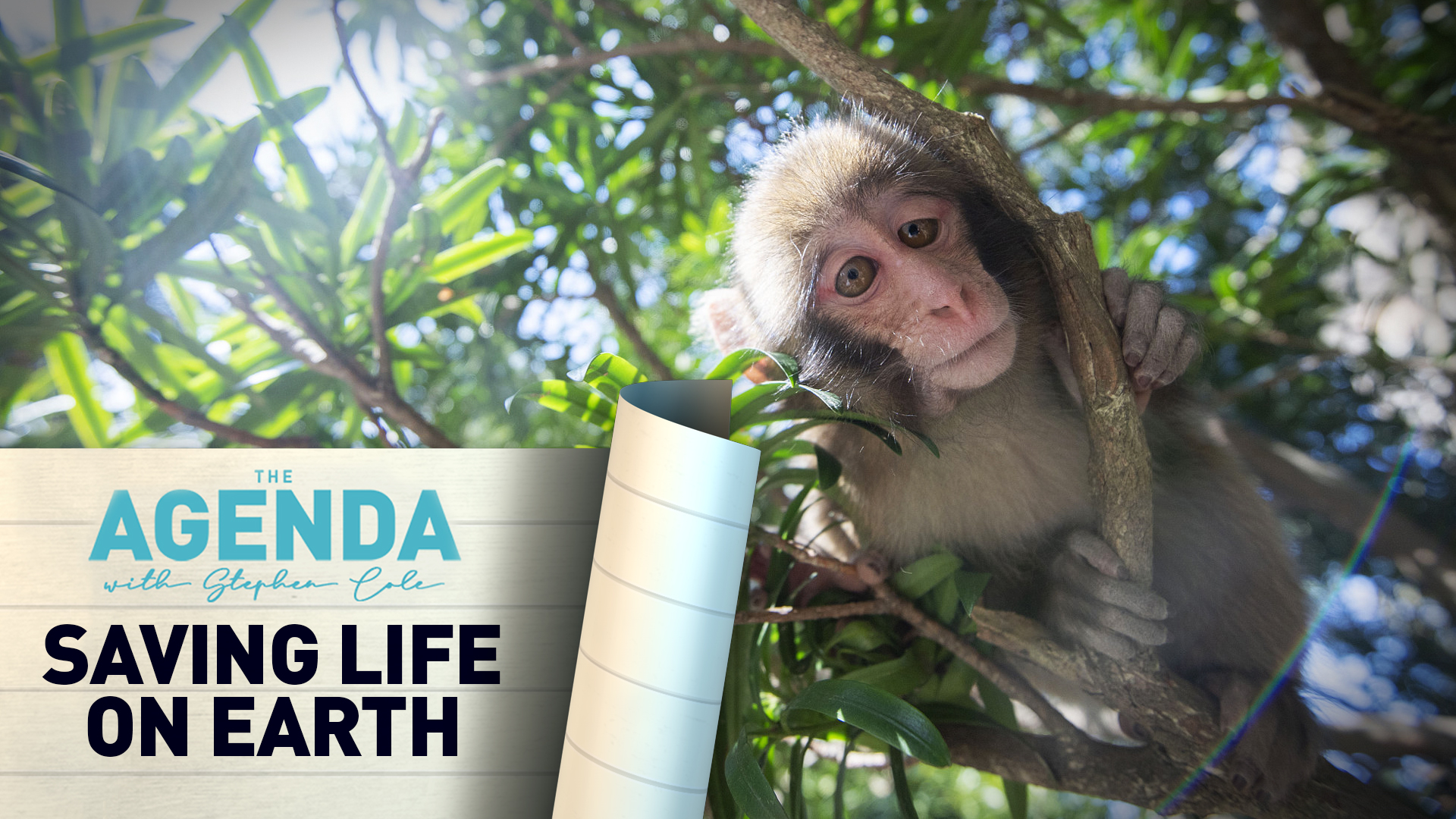29:39

The United Nations has declared that nature is declining globally at a rate unprecedented in human history. So there has never been a more urgent need for the world to come together to address the biodiversity crisis.
And yet the chance to do that, the UN Biodiversity Conference known as COP15, has now been delayed for over a year by the COVID-19 pandemic. And although it runs from October 11 in virtual form, we'll have to wait another six months – until April 2022 – before stakeholders can meet in person in Kunming.
This week's The Agenda with Stephen Cole examines what that delay really means for the future of our planet.
First, the person in charge of the summit – Elizabeth Maruma Mrema, the Executive Secretary of the UN Convention on Biodiversity – insists that the COVID-19 delay has given everyone a chance to talk online, and explains why she hopes that could mean COP15 will lead to truly achievable goals.
At the Royal Botanic Gardens at Kew in London, professor Alexandre Antonelli, Kew's Director of Science speaks about what needs to be done to protect the 40 percent of the world's plant life now at risk of extinction.
Also on the program is professor Wei Fuwen, from the Chinese Academy of Sciences' Institute of Zoology, explaining how the Giant and Red Pandas provide an object lesson in how to save a species.

